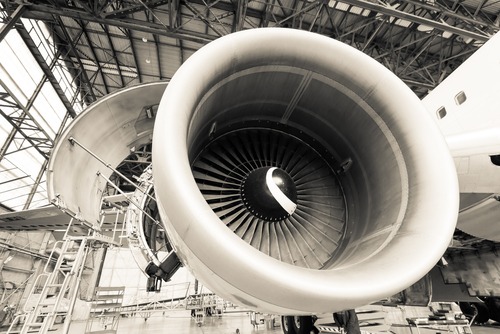
The General Aviation Manufacturers Association (GAMA) recently praised the U.S. Senate Commerce, Science and Transportation Committee for introducing a Federal Aviation Administration (FAA) reauthorization bill.
The bipartisan legislation specifically seeks to reform the process for certifying general aviation products in the United States, additionally addressing other regulatory barriers on manufacturing and maintenance organizations. The reforms stated in the legislation could be implemented quickly to address market and regulatory challenges the industry faces, resulting in a more efficient use of industry and FAA resources. It also ensures general aviation manufacturers can create more jobs and get their products to market faster.
“We applaud the Senate…for including provisions for addressing the broader certification and regulatory changes needed to improve safety, provide more consistency in regulatory interpretation, and keep the U.S. aviation industry competitive in the global economy,” GAMA President and CEO Pete Bunce said.
GAMA hopes that the Senate votes on the legislation quickly, allowing Congress to pass the reforms, which have been stalled due to the discussions about air traffic control privatization. These conversations have included a proposal for a transition to a new, non-government entity to operate the nation’s air traffic control services that would be separate from the FAA, a plan that GAMA sees as risky.
“There is no guarantee this new entity could run the safest, busiest, most technically advanced and most complex airspace in the world, while simultaneously increasing the pace and impact of modernization, accommodating new civil entrants such as commercial space and unmanned and autonomous flying vehicles, while assuring the American people that this proposed new entity will serve the public interest,” Bunce said.
“We can make targeted improvements that create predictable and stable funding for the FAA, including biennial budgeting, consolidating unneeded and outdated facilities, procurement, certification reforms and putting to use some of the balance from the Airways and Airport Trust Fund to expedite technology deployment,” he added.